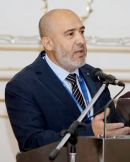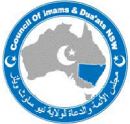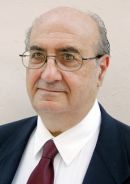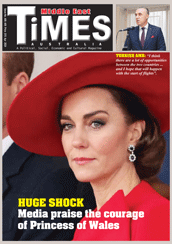| Editorial |
| Editorial: Could Russia be a Middle East peacemaker? |
 |
Could Russia be a Middle East peacemaker? THE American foreign policy chaos unleashed by former US President Donald Trump continues to reverberate even after he left office. Trumpian America’s pullout from northern Syria and its self-centred approach (which benefitted Israel) helped further erode the role that many hoped the US would play in finding peace in the Middle East. Now eyes are turning to Russia, and Vladimir Putin, in a scenario reminiscent of the Cold War. But how interested is Russia in displacing the US role in the Middle East as kingmaker, or at least peacemaker? Some analysists argue that Russian leaders likely want Moscow to be seen as on equal footing with the US and as a regional power broker. They will point to historical Russian involvement when they built ties in place like Syria, Palestine, Egypt and Morocco. Just recently, Western diplomatic sources revealed that Russian authorities passed onto the Lebanese Hezbollah delegation on a visit to Moscow, a message from Israel that Tel Aviv will not put up with military escalation by the Shia party from southern Lebanon. Diplomatic sources also that the Russian side, headed by Foreign Minister Sergei Lavrov, raised the Lebanese government formation by Prime Minister-designate Saad Hariri with Hezbollah. Lavrov met with Hariri in Abu Dhabi recently and discussed with him the obstacles that Iran is placing to Lebanon’s cabinet formation process. Sources added that Moscow had raised the issue with the Iranians, who responded that such an issue should be discussed with Hezbollah. Lebanese sources say that Hezbollah’s ambitions to control the next government are the main obstacle to solving the crisis. Russian Deputy Foreign Minister Mikhail Bogdanov had told the Hezbollah delegation to Moscow that “it is time for a settlement that goes towards forming a government”. Bogdanov held a lengthy meeting with the Hezbollah delegation after its discussions with the Russian foreign minister. Russia is not above playing a more direct role when its interests are threatened. This can be seen in in Syria with Russia providing vigorous diplomatic defence of Bashar al-Assad’s regime in the United Nations while supplying Syria with military hardware to crush the rebellion. Should Assad fall, Russia would lose their naval base, the only remaining base the Russians have outside the former Soviet Union. Some American intelligence officials say Russia was content with the status quo. It is not interested in democracy; just stability. Russia has emerged as a key power broker and military actor in the Middle East. Contrast that with America’s approach under Trump. Editor in Chief |
 |
 |
 |
|
|
|||||||||
|
|||||||||

















